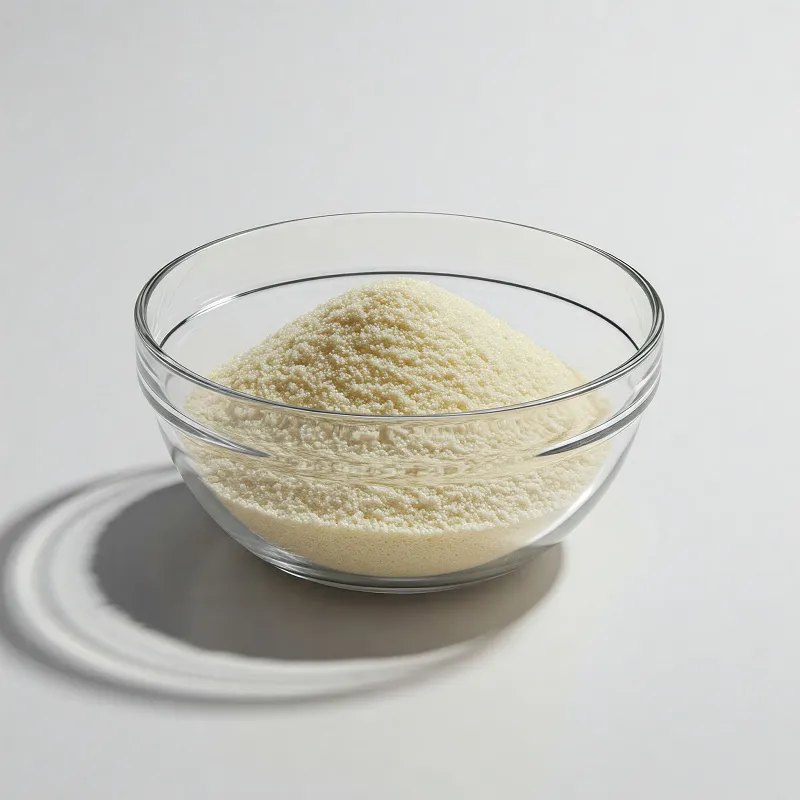
marine collagen peptides manufacturer
Gensei stands as a reputable marine collagen peptides manufacturer, committed to providing high-quality marine collagen peptides. Sourced sustainably from the ocean, our marine collagen peptides are processed into fine powder that dissolves easily. This makes it a versatile ingredient for supplements and functional foods aimed at enhancing skin health, improving joint function, and supporting overall connective tissue. As your marine collagen peptides manufacturer, Gensei ensures stringent quality control from raw material to finished product.
Please note: We are a wholesale supplier and have minimum order quantities.
Have questions about this product? Our team is here to help. For inquiries about multiple ingredients, please use the Contact Us option and include the list of ingredients in your message.
Marine Collagen Peptides CAS No.: There isn’t a single CAS number for “Marine Collagen Peptides” as it’s a hydrolysate (mixture of peptides) derived from marine sources. CAS numbers exist for Collagen Hydrolysate (e.g., 92113-31-0 for Collagen hydrolysate) or specific types of fish collagen hydrolysate (e.g., 9007-34-5 for Collagen from fish), but “Marine Collagen Peptides” refers to the product form.
Chemical Name: Collagen hydrolysate (from marine source)
Synonyms:
- Hydrolyzed Marine Collagen
- Fish Collagen Peptides
- Marine Collagen Hydrolysate
CB Number: Not readily available for this specific product form.
Molecular Formula: Not applicable. Marine Collagen Peptides are a complex mixture of peptides and amino acids.
Molecular Weight: Not applicable. Molecular weight is described as a distribution range for the collagen peptides, typically ranging from 1,000 to 5,000 Daltons for easily soluble forms, depending on the degree of hydrolysis.
MDL Number: Not readily available for this specific product form.
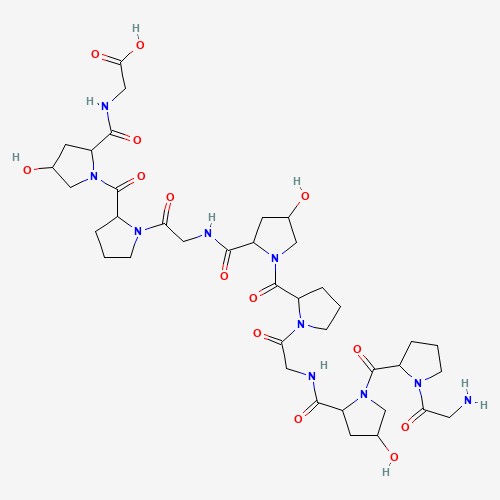
marine collagen peptides manufacturing process
Marine collagen peptides are produced by hydrolyzing collagen extracted from marine sources, typically fish skin or scales.
(e.g., Fish Skin, Fish Scales)
(Washing and preparing the raw material)
(Extracting collagen from the raw material, often using acid or alkaline treatment)
(Breaking down the large collagen protein into smaller peptides using enzymes or acid)
(Removing impurities, fats, and unwanted components)
(Increasing the concentration of collagen peptides)
(Ensuring microbial safety)
(Drying the liquid collagen peptide solution into a powder, typically using spray drying)
(To achieve desired particle size and consistency)
(Testing for protein content, amino acid profile, molecular weight distribution, purity, heavy metals, contaminants)
(The Marine Collagen Peptides powder is packaged)
This flowchart outlines the general process for manufacturing marine collagen peptides. Specific steps and hydrolysis methods may vary by manufacturer and raw material source.
Why Choose Gensei as Your Marine Collagen Peptides supplier?
Choosing Gensei as your marine collagen peptides manufacturer ensures a premium ingredient for beauty and wellness. We specialize in producing high-quality marine collagen peptides from sustainable marine sources. Our advanced hydrolysis process yields peptides with optimal molecular weight for superior absorption and efficacy.
As a dedicated marine collagen peptides manufacturer, we maintain stringent quality controls, guaranteeing purity and consistency. We offer reliable supply and expert support, partnering with you to meet market demands. Trust Gensei for high-quality marine collagen peptides and deliver exceptional products to your customers.
Features and Benefits
- Source: Obtained from fish skin or scales, often considered a sustainable option.
- High in Type I Collagen: Primarily composed of Type I collagen, the most abundant type in human skin, bones, tendons, and ligaments.
- Composition: Consists of hydrolyzed peptides, rich in amino acids like glycine, proline, and hydroxyproline.
- High Bioavailability: Broken down into small peptides for efficient absorption.
- Good Solubility: Typically dissolves well in hot or cold liquids.
- Odor/Taste: Refined peptides often have a neutral or very mild flavor/odor.
Applications
- Dietary Supplements: Popular in powders, capsules, and liquid forms for promoting skin hydration, elasticity, and reducing wrinkles, strengthening hair and nails, and supporting joint health.
- Cosmetics: Included in topical skincare products (creams, serums) for potential moisturizing and anti-aging effects, although absorption through skin is limited compared to oral intake.
- Functional Foods and Beverages: Added to drinks, bars, yogurts, and other products for protein enrichment and health benefits.
Our State-of-the-Art Manufacturing Facilities
Explore our modern facilities equipped with advanced technology to ensure the highest quality in the production of your vitamins, herbal extracts, minerals, and amino acids.

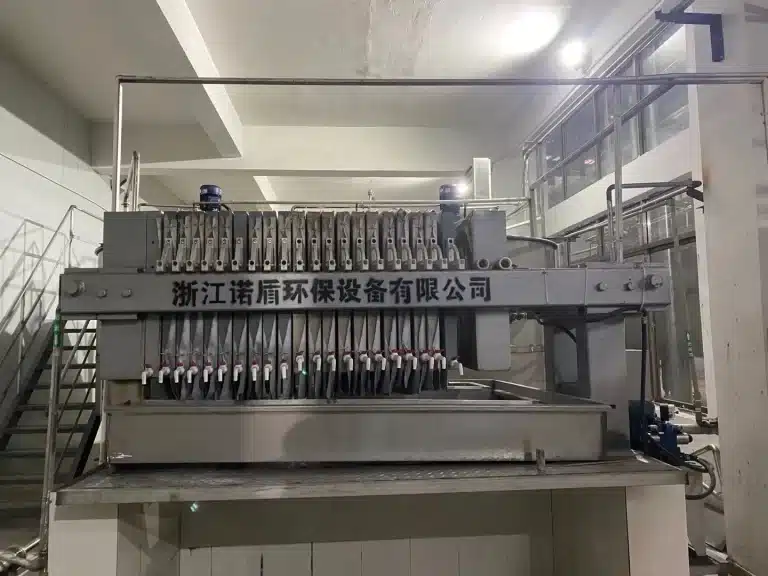
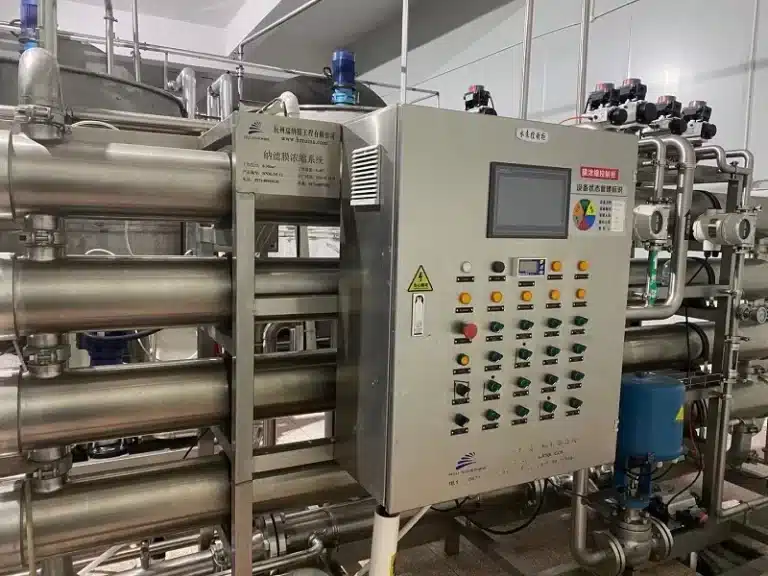
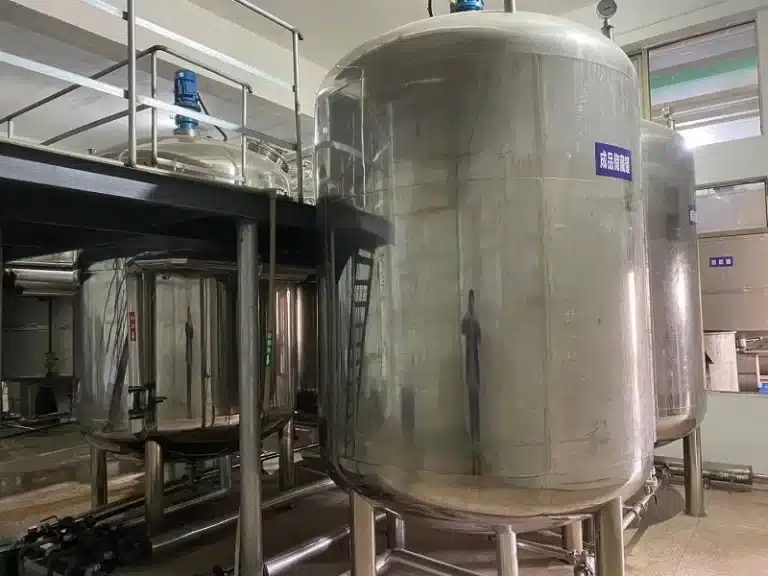
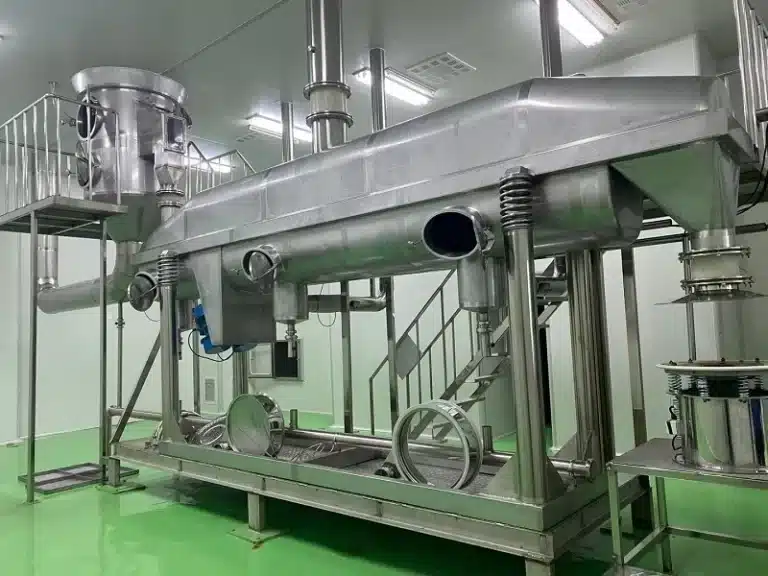




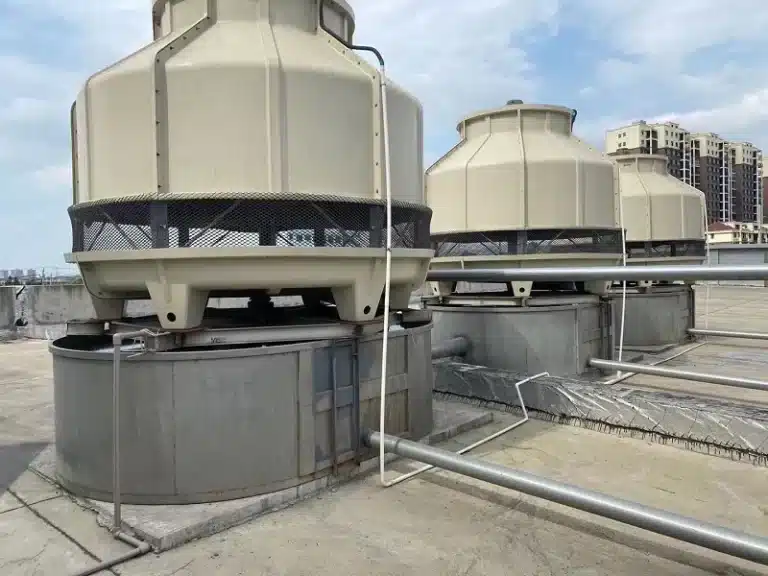
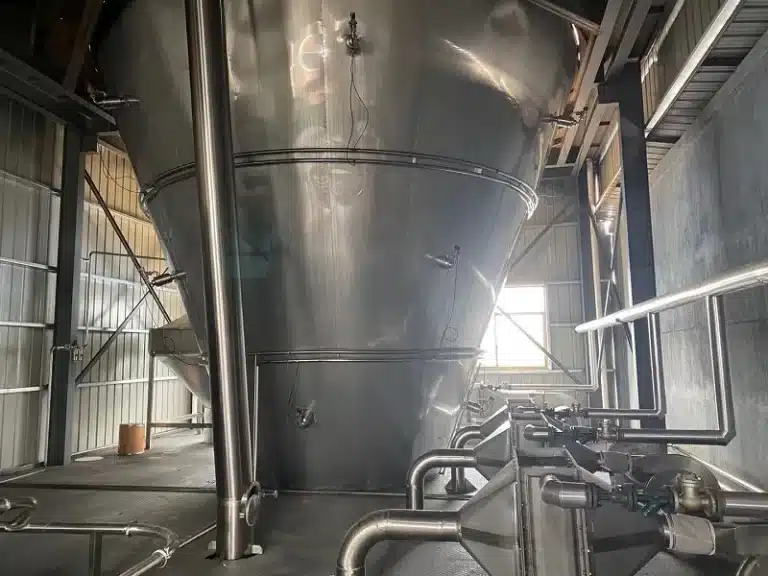
FAQs
Marine collagen peptides are small pieces of protein (peptides) derived from collagen found in marine sources, primarily the skin and scales of fish. The large collagen protein is broken down through a process called hydrolysis to make it more easily digestible and absorbable.
Marine collagen peptides are commonly taken for their potential benefits for skin health (improving hydration, elasticity, reducing wrinkles), hair and nail strength, and supporting joint health. They provide amino acids that are building blocks for the body's own collagen production.
Marine collagen (Type I) is primarily composed of Type I collagen, similar to bovine collagen (Type I and III). Chicken collagen is often a source of Type II collagen, which is more prevalent in cartilage. The main difference is the source and potentially the amino acid profile composition and molecular weight distribution after hydrolysis, which can affect absorption and specific benefits. Marine collagen is often preferred for skin benefits and by those avoiding bovine/porcine products.
Marine collagen peptides are made by taking marine raw materials (like fish skin/scales), extracting the collagen, and then breaking it down into small peptides through hydrolysis (using enzymes or acid). The resulting solution is then purified and dried into a powder.
High-quality marine collagen peptides are typically processed to remove most of the odor and flavor, resulting in a neutral or very mild taste. However, quality varies between manufacturers.
Yes, marine collagen peptides are hydrolyzed into small peptides, which makes them highly bioavailable and easily absorbed by the digestive system compared to intact collagen.
Marine collagen is often considered a more sustainable option as it is derived from byproducts of the fish industry (skin and scales) that might otherwise be discarded.
No, individuals with fish allergies should avoid marine collagen peptides as they are derived from fish.
The molecular weight of marine collagen peptides is not a single number but a range. For easily soluble and absorbable peptides, the average molecular weight typically ranges from 1,000 to 5,000 Daltons, much smaller than intact collagen.
Marine collagen peptides are generally considered safe for most people when consumed as directed. As with any supplement, it's advisable to consult with a healthcare professional before starting use, especially if you have underlying health conditions or allergies.

